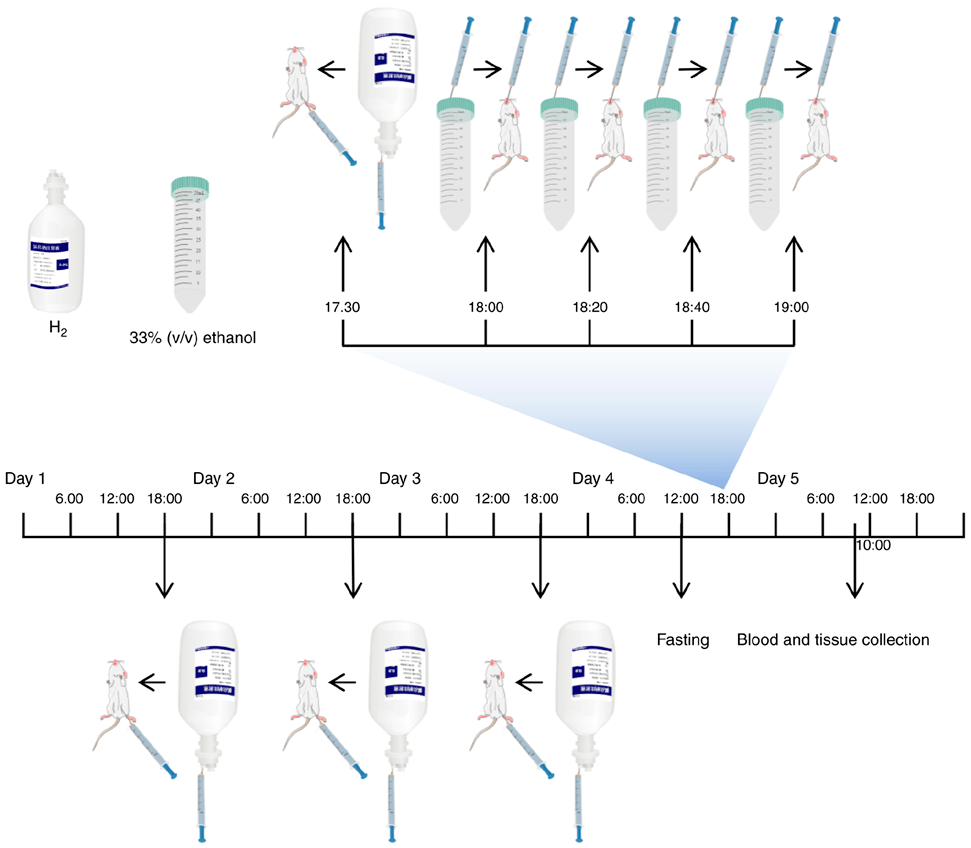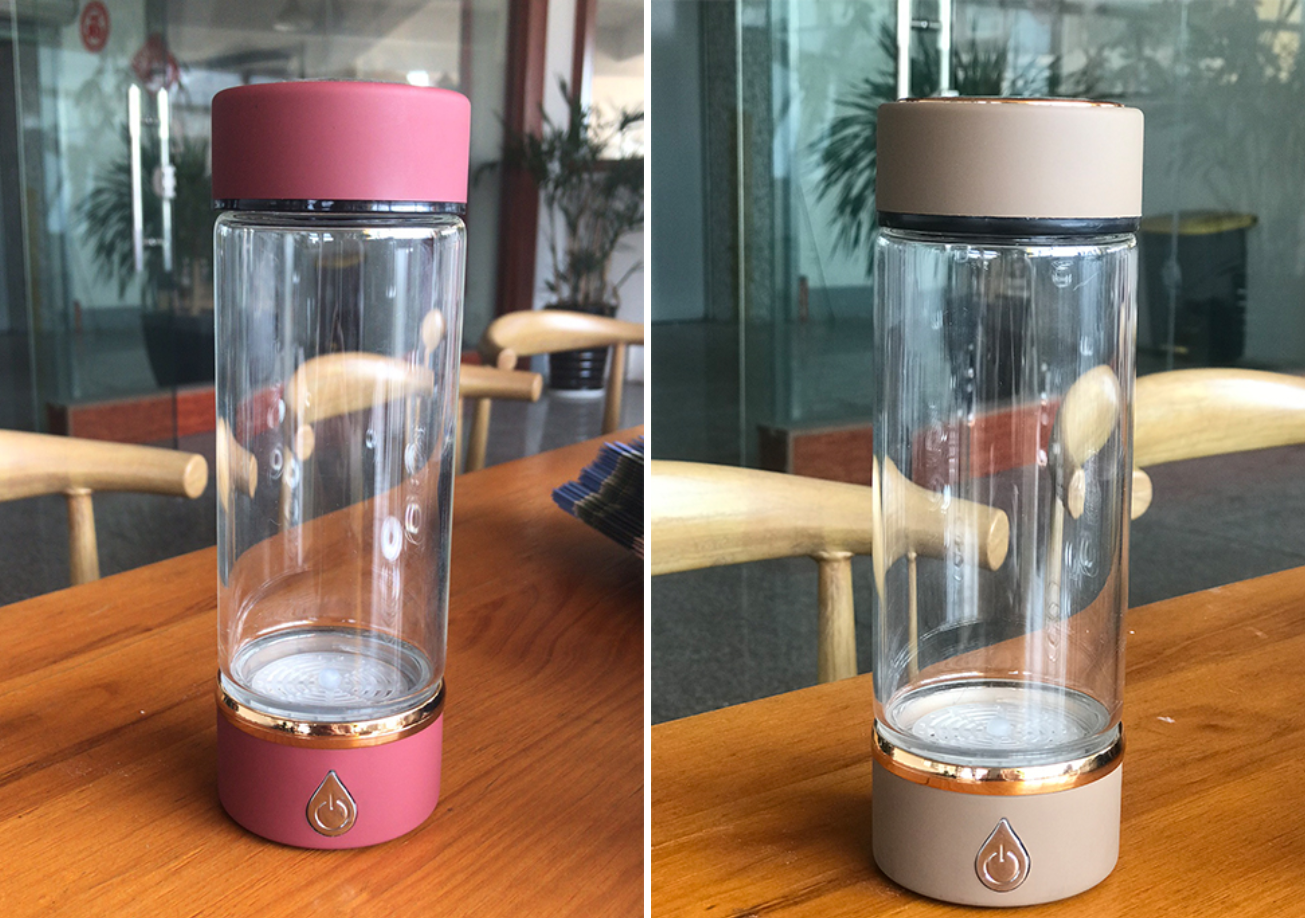Drinking is an unhealthy lifestyle, but drinking is an important part of human social activities. There are many topics about drinking, and there are generally two points of view. Drinking alcohol is harmful to your health, so don't drink a drop. Another point of view is that wine is the essence of food, the more you live, the younger you are. My view is a compromise. I don't like to drink, but it is necessary to drink a few drinks when friends meet. I do not support not drinking a drop of alcohol. Monks are prohibited from drinking alcohol. This is vigilance. No comments. Most people do not need to stop drinking.
Click below image to learn about our hydrogen water generator,about 20USD.
Drinking is a cultural phenomenon of human beings. It is not necessary to prohibit it completely. A more reasonable suggestion is to drink in moderation. The harm of drinking to the body is objective, what should I do? I think we can take appropriate measures to reduce and combat the harm of drinking. The research on the harm of hydrogen to alcohol has become a scientific issue worthy of discussion.
Alcohol can easily cause liver damage because it is absorbed through the digestive tract and then collected into the liver through the portal vein, where it is metabolized and detoxified. Ethanol is catalyzed by alcohol dehydrogenase to produce acetaldehyde, which is an important factor that causes cytotoxicity and discomfort after drinking. Acetaldehyde is converted into acetic acid under the catalysis of acetaldehyde dehydrogenase, which is the main component of vinegar and has no harm to human cells. Some people have relatively low acetaldehyde dehydrogenase activity, and high acetaldehyde concentration after drinking, making it easy to get drunk, and drinking is relatively harmful. The amount of alcohol consumed by each person is different, and the harm to the body after drinking is also different. The damage of alcohol and acetaldehyde to cells after drinking can also cause oxidative stress and inflammation. This is theoretically possible for hydrogen drinking damage. Or whether hydrogen can hangover is a question worth studying. Recently, a research paper on hydrogen to alleviate acute alcohol-induced liver injury by inhibiting the activation of JNK has attracted attention.
The study observed the preventive effect of alcohol-induced acute liver injury in mice through intraperitoneal injection of hydrogen. 1.0 ml/100 g body weight was injected intraperitoneally every day for 4 consecutive days. On the fourth day, the mice were fasted for 5.5 hours and then received hydrogen injection. 30 minutes after hydrogen injection, the mice were given 4.5 g/kg body weight of alcohol by gavage, once in 20 minutes, four times were completed. That is, it took 1 hour for the mice to drink 4.5 g/kg body weight of wine. Blood and liver tissues were collected 16 hours after gavage. An automatic clinical analyzer was used to detect serum alanine aminotransferase (ALT), aspartate aminotransferase (AST), triglyceride and total cholesterol (TC) levels. Western blotting detects liver JNK activity and GAPDH level.
 Results It was observed that acute ethanol gavage caused liver damage, and the serum ALT and AST levels were significantly increased. After the first ethanol gavage for 16 hours, hydrogen gas could effectively reduce the serum ALT and AST levels. In addition, compared with the alcohol group, the hydrogen group reduced the alcohol serum total cholesterol level. In terms of mechanism, hydrogen gas can attenuate liver JNK phosphorylation induced by acute intragastric ethanol. The results of the study show that intraperitoneal injection of exogenous hydrogen can alleviate acute alcoholic liver injury by inhibiting the activation of liver JNK, which may be a new treatment strategy for alcohol-induced liver injury.
Results It was observed that acute ethanol gavage caused liver damage, and the serum ALT and AST levels were significantly increased. After the first ethanol gavage for 16 hours, hydrogen gas could effectively reduce the serum ALT and AST levels. In addition, compared with the alcohol group, the hydrogen group reduced the alcohol serum total cholesterol level. In terms of mechanism, hydrogen gas can attenuate liver JNK phosphorylation induced by acute intragastric ethanol. The results of the study show that intraperitoneal injection of exogenous hydrogen can alleviate acute alcoholic liver injury by inhibiting the activation of liver JNK, which may be a new treatment strategy for alcohol-induced liver injury.
For the human body, there is no need to inject hydrogen into the abdominal cavity. Drink hydrogen water to inhale hydrogen. From the perspective of hydrogen, the dose is equivalent. Hydrogen has the effect of reducing acute alcohol liver toxicity, and hydrogen has the effect of anti-alcoholism. From the research summary, the shortcoming of this study is that it did not analyze the blood alcohol concentration, which is not ideal for studying the problem of anti-alcoholism. We should analyze the relevant indicators of liver inflammation and oxidative damage, because this is very important to explain the hydrogen effect.

